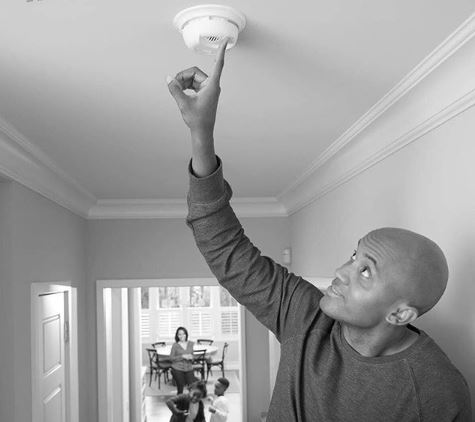This is, however, a dangerously casual attitude. There are three main reasons why carbon monoxide should be taken with the utmost seriousness.
It is extremely dangerous to both people and animals
Essentially, what carbon monoxide does when it enters the body is prevent the blood from carry oxygen to bodily tissues. Through prolonged low-level exposures or sudden high level exposures, this process begins to affect the body’s major systems and can easily become fatal.

Symptoms of exposure to carbon monoxide are often mistaken for flu symptoms. They can include dizzy spells, nausea, fatigue, trouble breathing, or headaches. In more serious exposures, symptoms become much worse. The exposed individual will often be unable to coordinate their muscle activity or maintain consciousness.
It has no color, no odor and no taste
This is what makes carbon monoxide particularly dangerous: There are no warning signs that can be picked up with the five senses. It’s effectively a phantom substance that people are completely unaware of unless they a) start experiencing symptoms, or b) are alerted by modern technology.
This is why carbon monoxide detectors are such an important technology. They are extremely sensitive and are able to alert homeowners with a piercing alarm anytime carbon monoxide is detected at dangerous levels.
It is produced by many different appliances in the average home
Since carbon monoxide is so dangerous and undesirable, especially in the home, it would be nice if it were a rare substance. The reality is, many of our standard appliances and conveniences do produce carbon monoxide. This includes anything that burns traditional fuels such as wood, charcoal, oil or kerosene. It also includes any appliance or activity that burns more modern fuels, including natural gas and propane.
Many homes have HVAC systems, dryers, stoves, water heaters and other appliances that run on one of these fuels. Used and maintained properly, they will not put carbon monoxide into your home. But when they improperly used or maintained, they can indeed become dangerous sources of carbon monoxide.
The Short Answer – Yes, you should!
It would be irresponsible to suggest that carbon monoxide detectors are superfluous or unnecessary in any way. Given how effective and affordable the technology is today, and how dangerous carbon monoxide is, it’s a good idea to install functional carbon monoxide detectors as soon as possible.
The U.S. Consumer Product Safety Commission says that installing this technology, along with regular and responsible upkeep of appliances and activities that produce carbon monoxide, is the most effective way to prevent people in your home from being exposed. Any qualified HVAC specialist should be able to help you choose the right products and install them in the best possible way.
